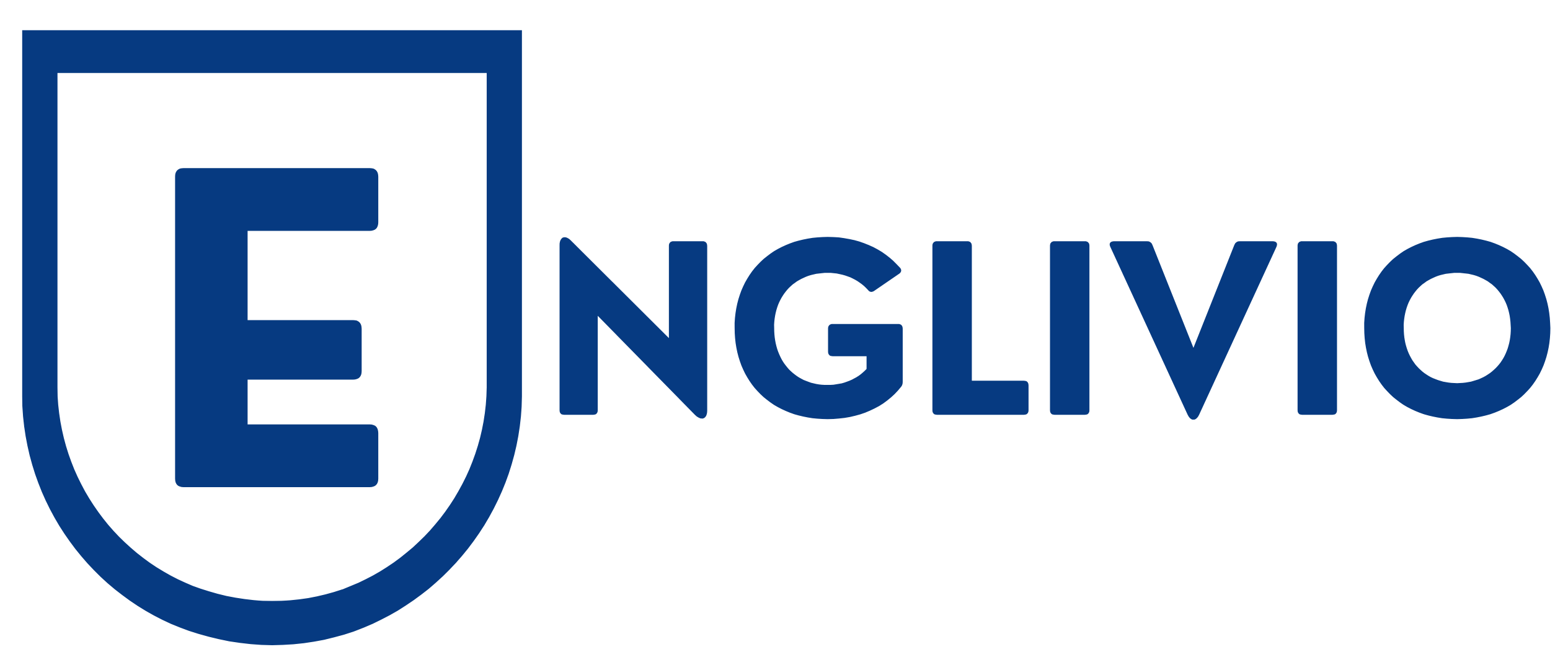In a world full of information, the ability to think critically is more important than ever. Every day, we are exposed to news, opinions, and data that can shape how we see the world. Without critical thinking, people may accept false ideas or make decisions based on emotion rather than reason.
Critical thinking means asking questions, checking facts, and evaluating sources before forming an opinion. It helps us separate truth from misinformation and recognize bias in what we read or hear. This skill is especially valuable in the digital age, where anyone can share information online without checking its accuracy.
Developing critical thinking takes practice. Students can start by analyzing both sides of an argument or discussing complex issues with others. By learning to question assumptions, we become more open-minded and better at solving problems.
Employers also value critical thinkers because they can make decisions carefully, understand different perspectives, and find creative solutions. In the end, critical thinking allows people to make sense of a complex world and contribute to society in an informed, responsible way.
